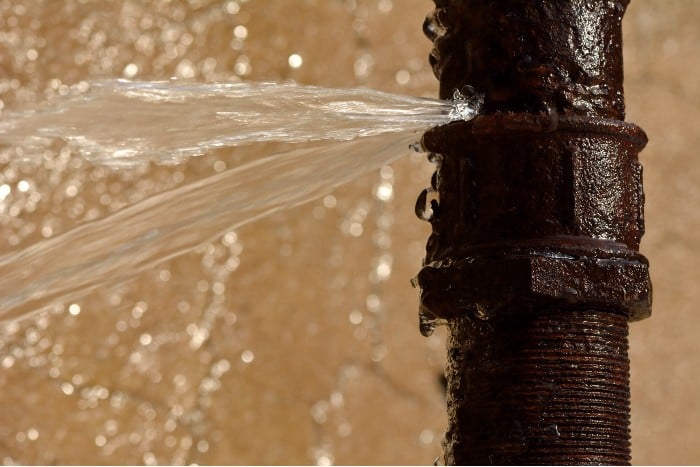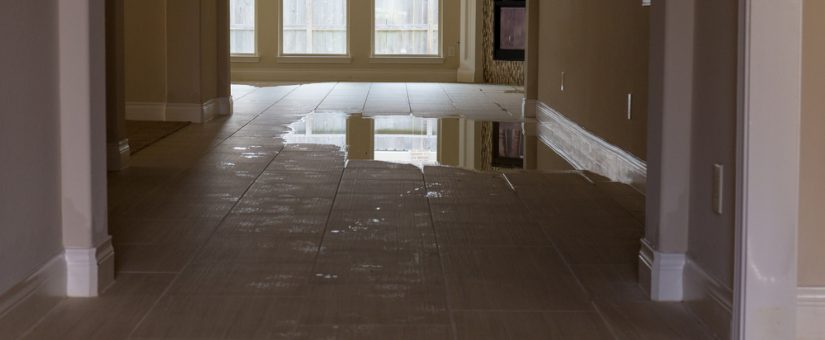How to Stop the Six Most Common Water Leaks in Your Home
How to Stop the Six Most Common Water Leaks in Your Home
Blog Article
This article below relating to Most Common Causes of Leaky Pipes is highly attention-grabbing. Don't miss out on it.

Leaks not only trigger waste of water however can likewise trigger unnecessary damage to your home and promote unwanted organic development. Water leaks might go undetected because most of the pipework in our residence is concealed. By understanding and looking for everyday scenarios that trigger leaks, you can shield your house from future leaks and also unneeded damage. Today, we will certainly check out 6 leak causes that may be creating your pipelines to leak.
Encroaching roots
Most water leakages begin outside your house instead of inside it. If you see an unexpected decline in water pressure, claim in your tap, require time to head out as well as analyze your yard. You could notice damp patches or sinkholes in your lawn, which might suggest that tree roots are getting into water lines causing water to leak out. You can have your plumber look for intrusion, particularly if you have trees or shrubs near your home.
Corroded water systems
As time goes by, your plumbing system ages and rust such as corrosion might start eating away the pipelines. This might be the cause of discoloration or bending on your pipes. This asks for an examination with your plumber quickly. Take into consideration changing the pipelines considering that they are at a higher risk of corrosion than the newer models if our plumbing system is old.
Malfunctioning Pipeline Joints
Pipeline joints can wear away over time, resulting in water leakages. If you have noisy pipes that make ticking or banging sounds, specifically when the warm water is turned on, your pipe joints are possibly under a lot of pressure.
Immediate temperature changes.
Extreme temperature changes in our pipelines can create them to increase and also acquire suddenly. This growth as well as contraction may create splits in the pipelines, particularly if the temperature are below freezing. If you maintained an eye on exactly how your plumbing works, it would be best. The visibility of the formerly pointed out situations regularly indicates a high risk.
Poor Water Connectors
At times, a leak can be caused by loosened hoses and also pipes that provide your appliances. In case of a water links leak, you may observe water running directly from the supply line or puddles around your devices.
Blocked Drains
Clogged drains pipes could be bothersome and also inconveniencing, however they can in some cases wind up triggering an overflow leading to rupture pipes. Keep getting rid of any type of products that may drop your drains that can clog them to stay clear of such inconveniences.
All the above are root causes of leakages but not all water leaks arise from plumbing leaks; some leakages could come from roof covering leaks. All leakages should be repaired quickly to avoid water damage.
Leakages not just cause waste of water however can additionally cause unneeded damages to your home and also advertise undesirable organic development. By looking as well as recognizing for everyday circumstances that create leaks, you can secure your residence from future leaks as well as unneeded damages. Today, we will look at six leakage creates that may be triggering your pipelines to trickle.
At times, a leak can be triggered by loosened tubes and pipes that provide your devices. In case of a water connections leak, you might see water running directly from the supply line or puddles around your home appliances.
How To Check For Water Leak In Your Home
How To Check for Leaks
The average household's leaks can account for nearly 10,000 gallons of water wasted every year and ten percent of homes have leaks that waste 90 gallons or more per day. Common types of leaks found in the home are worn toilet flappers, dripping faucets, and other leaking valves. These types of leaks are often easy to fix, requiring only a few tools and hardware that can pay for themselves in water savings. Fixing easily corrected household water leaks can save homeowners about 10 percent on their water bills.
To check for leaks in your home, you first need to determine whether you're wasting water and then identify the source of the leak. Here are some tips for finding leaks:
Take a look at your water usage during a colder month, such as January or February. If a family of four exceeds 12,000 gallons per month, there are serious leaks.
Check your water meter before and after a two-hour period when no water is being used. If the meter changes at all, you probably have a leak.
Identify toilet leaks by placing a drop of food coloring in the toilet tank. If any color shows up in the bowl after 10 minutes, you have a leak. (Be sure to flush immediately after the experiment to avoid staining the tank.)
Examine faucet gaskets and pipe fittings for any water on the outside of the pipe to check for surface leaks.
Undetected water leaks can happen without the home or business owner even realizing. If you suspect a water leak, but not able to find the source. It is time to contact a professional water leak detection service, The Leak Doctor.
How To Find a Water Leak In Your Home
https://www.leakdoctor.com/blog/How-To-Check-For-Water-Leak-In-Your-Home_AE197.html

Do you like more info about How to Find Water Leaks? Place a remark down below. We would be delighted to listen to your thoughts about this article. In hopes to see you back again in the future. Kindly set aside a second to distribute this content if you appreciated it. Thanks for your time. Please pay a visit to our site back soon.
Booking Report this page